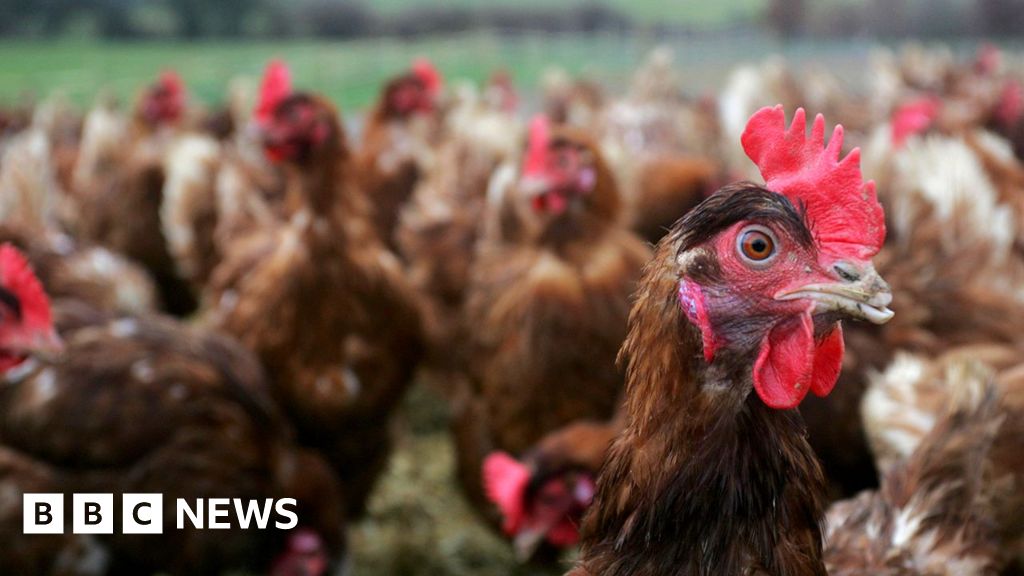
Avian Flu Outbreak Mobilizes Culling of Nearly 1.8 Million Birds in the UK
In a significant response to the ongoing avian influenza crisis in the UK, nearly 1.8 million farmed and captive birds have been culled over the past three months, according to reports from the BBC.
This surge in culling follows 33 confirmed outbreaks of the virus on various farms. As a precautionary measure, the government announced that from Sunday, bird-keepers in five additional English counties will be required to confine their flocks indoors.
While the risk of avian flu to human health is considered low, and properly cooked chicken and eggs remain safe for consumption, concerns are rising regarding the mental health challenges faced by farmers impacted by the disease.
The government has emphasized its prompt action to cull birds on infected premises to safeguard food security in Britain, acknowledging the profound emotional toll this situation has wrought on those in the farming community.
A representative from the Department for Environment, Food and Rural Affairs (Defra) indicated that the approximately 1.78 million birds culled since the initial outbreak on November 5 represents a relatively small fraction of the total poultry production in the UK, which stands around 20 million birds weekly.
During the previous severe bird flu outbreak, from October 2021 to September 2022, approximately 3.2 million birds were culled. Lucy Sanderson, a farmer from North Yorkshire affected by the previous outbreak, shared her personal struggles with the emotional aftermath of having to cull her birds. “It was devastating. I cried for an entire week—I thought I was resilient,” she reflected. “Not only did I lose my job and income, but I also had to make my staff redundant, which had a massive ripple effect on everyone involved.”
Gary Ford from the British Free Range Egg Producers Association stated that there is growing anxiety among poultry farmers, with feelings of panic surfacing in some cases. Currently, biosecurity measures are enforced across England, Wales, and Scotland as part of an Avian Influenza Prevention Zone. Recently, it was mandated that farmers and bird-keepers in Herefordshire, Worcestershire, Cheshire, Merseyside, and Lancashire must house their flocks starting at midnight on February 16.
Housing restrictions have already been implemented in several regions, including East Riding of Yorkshire, Kingston upon Hull, Lincolnshire, Norfolk, Suffolk, Shropshire, and parts of North Yorkshire.
James Mottershead, the chairman of the National Farmers’ Union poultry board, expressed that the bird flu outbreaks are placing immense emotional and financial pressure on farming families. “Farmers take extraordinary care to protect their birds’ health and welfare, so witnessing it being compromised is heartbreaking,” he noted.
In response to the ongoing crisis, a Defra spokesperson confirmed that farmers would receive compensation for healthy birds culled due to disease control measures. They acknowledged the severe impact avian flu has had on poultry producers, prompting the introduction of housing orders in the most affected regions. "We have acted swiftly to cull all infected poultry to curtail the spread of the virus and to protect the food security of the nation," they stated.









